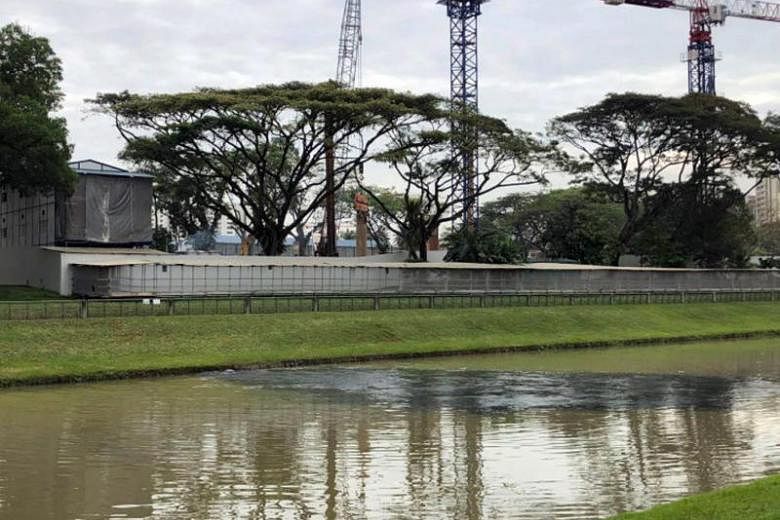SINGAPORE - National water agency PUB has prosecuted 119 companies since 2014 for illegally dumping waste water containing chemicals or other materials into public sewers.
Of these companies, 21 were second-time offenders and another 23 had committed the offences more than twice.
Senior Minister of State for the Environment and Water Resources Amy Khor on Tuesday (Aug 6) said repeat offenders may be subjected to more frequent inspections by PUB, as often as twice a month.
They will also face higher fines of up to $100,000, compared to $50,000 for a first offence.
In her reply to Workers' Party Non-Constituency MP Daniel Goh, Dr Khor said most of the 5,000 companies allowed to discharge industrial used water or liquid waste into the sewers abide by the stipulated quality requirements.
Dr Goh asked if current measures are adequate, citing the case of a "popular bakery" that was repeatedly charged and fined.
He was referring to bakery and food manufacturing company BreadTalk, which was fined $16,300 for discharging waste water containing regulated substances like grease and non-hydrocarbon oil beyond the allowed limits into the public sewer in 2016 and 2017.
BreadTalk was also fined $19,000 for three similar infractions in 2014, PUB said in June.
Asking if the fines are adequate, Dr Goh noted that fines for repeat offenders do not seem to have exceeded $20,000 so far, though the maximum fine is $100,000.
Dr Khor replied that the enforcement regime and penalties have been enhanced.
Offenders are not just liable to fines but also to imprisonment or both, she said.
She added that PUB may also revoke its written approval in serious cases where the discharge contains toxic, dangerous or hazardous substances.
The company will then have to engage the services of a licensed industrial waste collector.


